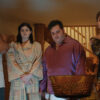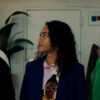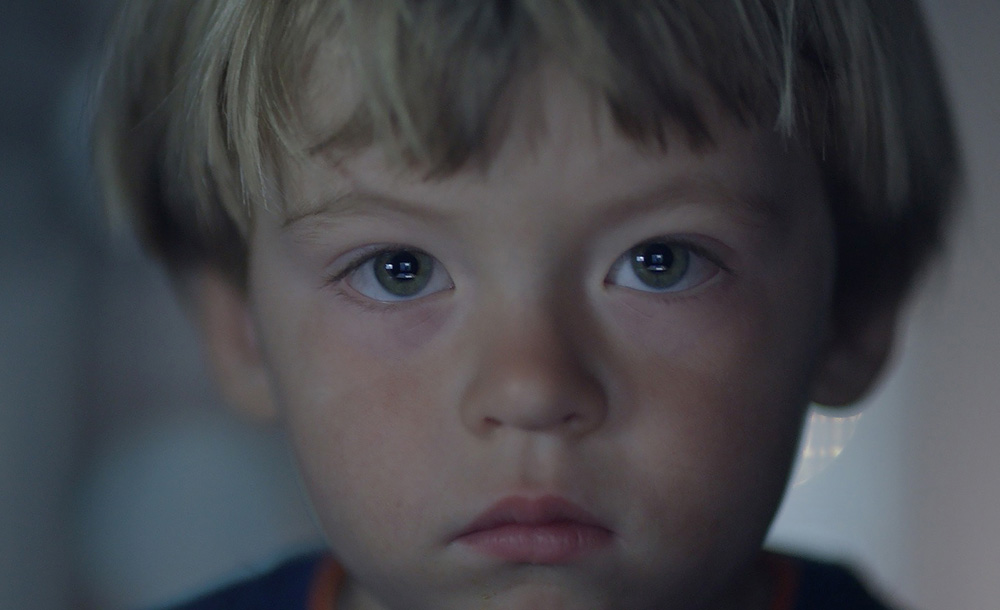There’s a provocation at the start of Natalia Almada’s “Users,” looking upon a baby being rocked to calm down from crying incessantly with no human hands to be seen anywhere. In voiceover narration, this convenience is acknowledged with marvel at how at the push of a button, both a mother and her child can be relieved, though in the former’s case, it comes with a sense of displacement when the baby can respond equally if even more comfortably to technology than a mother’s cradling arms. Even without the example, Almada cleverly puts audiences in the same predicament with a film that’s easy on the eyes, feeling impossibly so when the images are often a product of technology that can get into spaces that humans can’t, yet raise plenty of questions about whether an extended reach diminishes human capability or drive.
With an appropriately disjointed yet beautiful score from the Kronos Quartet accompanying scenes from places most people would never get to go but for the grace of films, there’s a sense of revelation throughout “Users” as it takes audiences to the ends of the earth with visits to the world’s largest indoor vertical farm and oil fields that can feel distant from civilization, but the main surprise Almada constantly reveals how tied we all are to it, gracefully balancing an openness for audiences to draw their own conclusions with implications that are impossible to ignore. Following a pipeline-protected fiber-optic cable that stretches across the Atlantic that’s no less than a quarter of a millimeter thick, there’s awe in the physical, man-made structure that connects the world through the internet — and the fact that it’s so inherently fragile — but also the realization that it’s in the service of something that’s become so mundane in daily life. Ironically, as Almada restores a sense of wonder to many tools we use by looking at them from a new angle, the application of them looks increasingly unimaginative and occasionally wasteful in a variety of ways.
Exploring the willingness to accept science and technology to the point at which it encroaches on human instinct, “Users” is cleverly personalized in small wily ways within its pristine frame, from Almada’s initial premise of the film as a kind of letter to a newborn child to a narrative curiosity at odds with the film’s immaculate craft and the cleanly constructed places it presents, making it unnecessary to put too fine a point on the less savory associations to be made with humans when it comes to climate change, venturing out into the heart of forest fires and waste facilities to feel their presence in their absence. Sometimes the results are maddeningly abstract, but more often than not, there are glorious epiphanies in the relationships Almaida illuminates, especially when she activates the senses with sonic and visual connections that couldn’t be made by a machine (though it could be made on one). “Users” isn’t about to provide any conclusions about whether or not all the improvements that technology has made over the years have improved the human condition, but it is apt to profoundly put one back in touch with their humanity.
“Users” will screen once more at the Sundance Film Festival for a 48-hour window beginning on February 1st at 4 am MT.



